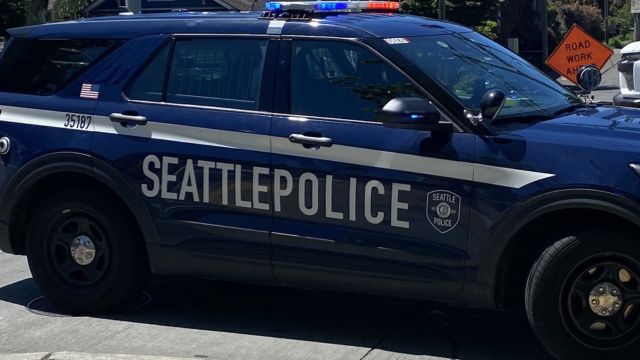The freedom of mobility is something that a great number of people in California value, whether they are driving along the Pacific Coast Highway or navigating the congested streets of Los Angeles. On the other hand, what should you do if you are pulled over by the police and the officer tells you that they smell marijuana? Would it be feasible that this will lead to a search of your vehicle being conducted?
By virtue of the passage of Proposition 64 (Prop 64) in 2016, marijuana was made legal for recreational use in the state of California. In the course of law enforcement procedures, this had a significant impact. In spite of the fact that adults are now permitted to possess and use marijuana for recreational purposes, the laws governing searches of vehicles continue to be difficult. The complications of searches conducted by law enforcement in the state of California that are based on the smell of marijuana are discussed in this article. The current legal status, exceptions to the regulations, and your rights as a citizen are all topics that are discussed in this document.
Comprehending the consequences of Proposition 64 with regard to searches of vehicles
In California, prior to the passage of Proposition 64, the mere presence of the odor of marijuana was sufficient to provide law enforcement with probable cause to search a vehicle. The “automobile exception,” which is an exception to the requirement that a warrant be obtained under the Fourth Amendment, is where this particular exception arose. On the other hand, the legalization of marijuana use for recreational purposes by Proposition 64 for adults over the age of 21 generated problems regarding whether or not it is appropriate to search someone simply because they smell like marijuana.
The Landscape Following the Passage of Proposition 64: Striking a Balance
When it comes to striking a balance between the right to privacy and the authority of law enforcement to conduct valid searches, the courts in California have had a difficult time finding a solution. Many significant judicial decisions have had a significant impact on the present legal landscape, including the following:
- In the landmark decisions of People v. Johnson (2020) and People v. Hall (2020), it was determined that the mere scent or sight of a small amount of marijuana, particularly if it is in a sealed container, did not provide sufficient grounds for a vehicle search. This provides legal protection for adults who have recreational marijuana.
- People v. Castro (2022): This decision explains the exception that applies to people who are younger than 21. Because it is illegal for children to possess any amount of marijuana, the smell of smoked marijuana can be a reasonable justification for searching a vehicle that has people inside who are under the age of 21.
Other Factors That May Establish Probable Cause Beyond the Smell of Marijuana
Even though the smell of marijuana alone may not always be enough to warrant a search, when paired with other elements, it might be considered probable cause. These are:
- Open container of marijuana: If an officer sees an open container of marijuana that is ready to be consumed inside the car, it increases the officer’s suspicion that illicit conduct is taking place.
- symptoms of intoxication: If the officer sees symptoms that the driver is under the influence of marijuana (DUI), this can give them probable cause to search the driver for proof of impairment.
- Mixture laws: California has open container rules that apply to marijuana. If the officer believes that there is a combination of alcohol and marijuana, this may provide a reason to seek for more evidence.
- Plain view: If illegal narcotics or paraphernalia are clearly visible inside the car, it comes under the “plain view” theory, which means that they can be taken without a warrant.
Important Things to Think About and Understanding Your Rights
It is important to know your rights as a Californian when you are stopped by the police, even though the laws are always changing. Here are a few important things to keep in mind:
- Be kind and willing to help, but only agree to a search if you feel completely at ease. You have the right to say no to a search if there is no warrant.
- If you decide to decline a search, do so in a respectful manner and ask the officer to end the interaction.
- Do not fight back or dispute. Stay calm and do not say anything that could be used against you.
- If you think that your rights have been infringed, write down the specifics of the incident and get in touch with a lawyer who specializes in search and seizure legislation.
Final Thoughts
The specific circumstances of a case determine whether or not it is legal for law enforcement to conduct searches based on the smell of marijuana in the state of California. The presence of additional factors or circumstances involving children might significantly alter the case, despite the fact that Proposition 64 offers some protection to adults who possess legal amounts of marijuana.
With the knowledge that you are aware of your rights and that you have a clear understanding of the current legal landscape, you will be able to manage traffic stops with confidence. Should you be unsure, you should politely reject to search and, if necessary, seek the opinion of an attorney. For the purpose of protecting your privacy when driving on the highways of California, it is vital to remain aware of your surroundings and to make use of your rights.
Can California Police Search Your Vehicle If They Smell Marijuana? Website


 by
by 



